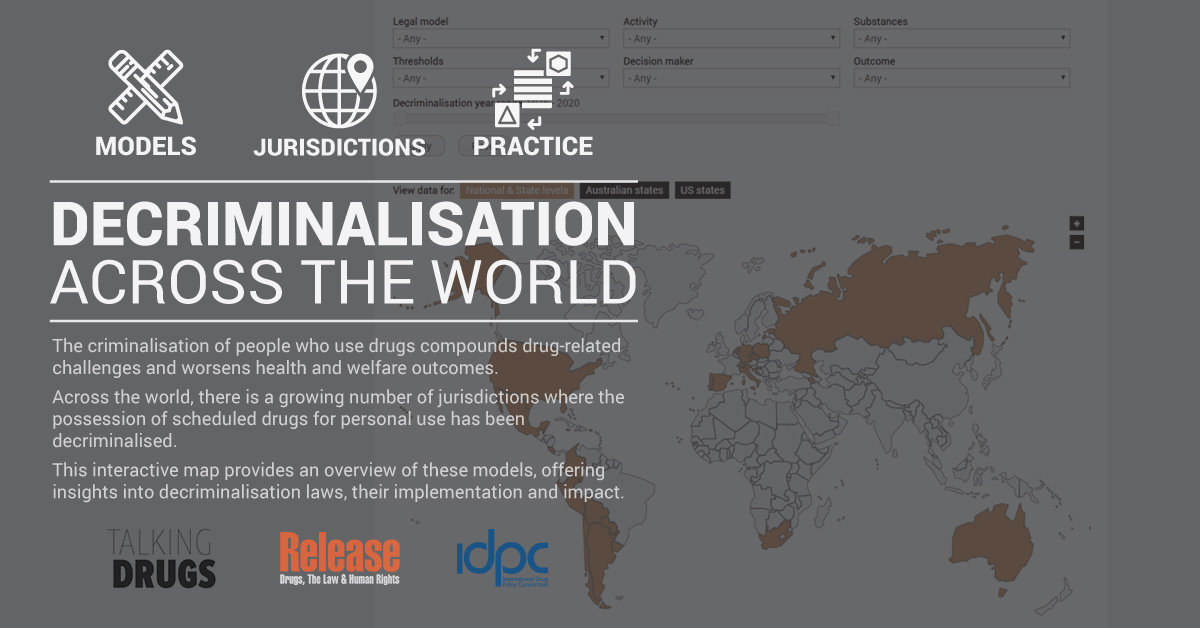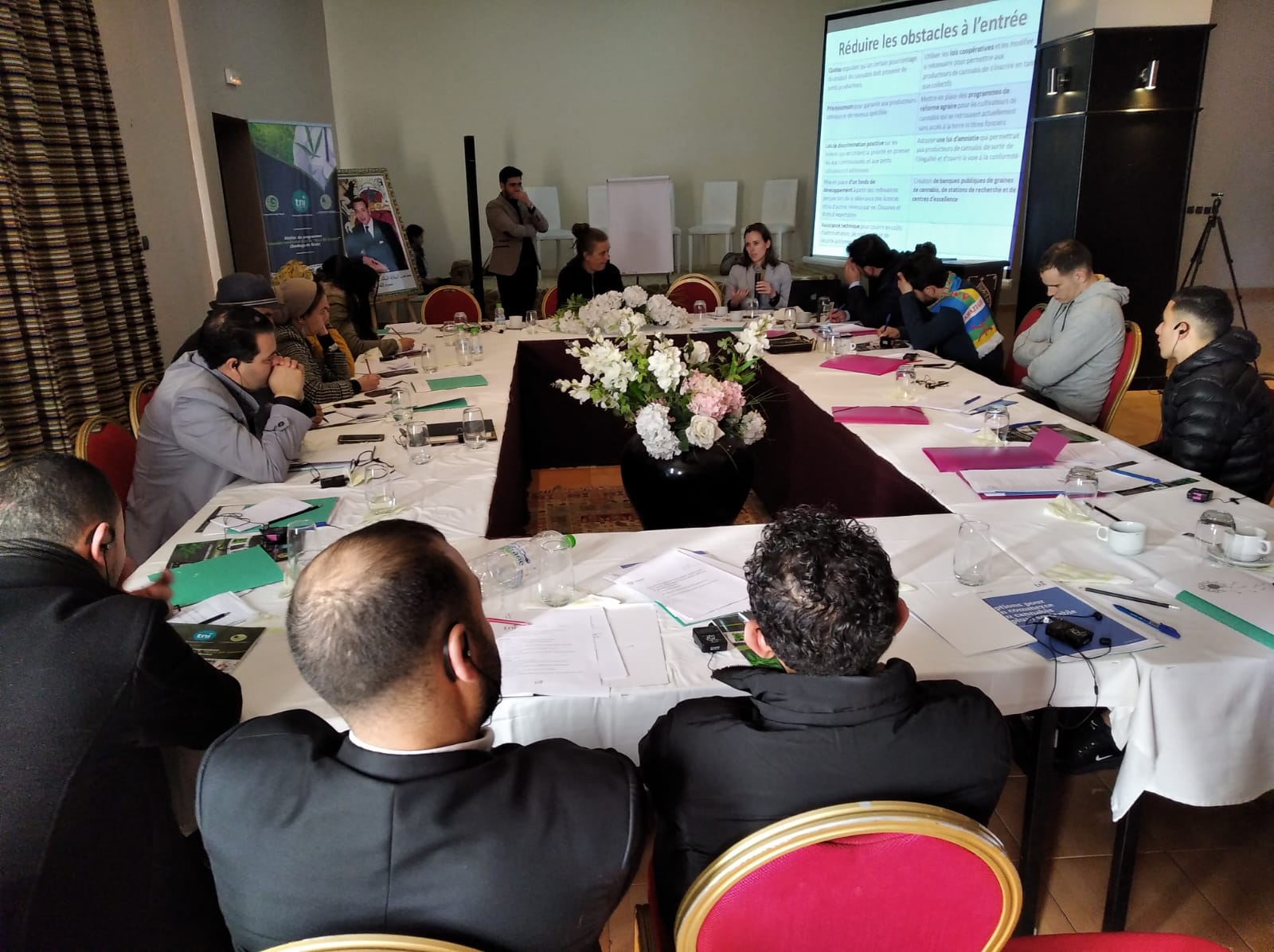|
Dear reader,
For years, studies have shown that the criminalisation of activities related to drug use has led to various social and health-related harms at the individual and community level. This is why a growing number of jurisdictions have implemented certain forms of decriminalisation, ranging from the basic removal of criminal penalties for small-scale drug possession, to the decriminalisation of not-for-profit and non-commercial cannabis cultivation. Each model comes with its own twist and yields different outcomes, as documented in this new interactive map by Talking Drugs, Release, and the International Drug Policy Consortium.
|

|
|
Meanwhile, our first month of 2020 was filled with activities focusing at the local and international level. As always, principles of human rights, harm reduction, and development stay at the core of our work.
Learn more from our top stories below.
|
|
|
|
 Photo credit: Dania Putri Photo credit: Dania Putri
On 12 January, TNI participated in the Bachikh festival (an annual festival organised to celebrate Amazigh New Year) in Tangier, Morocco. TNI’s Pien Metaal and Sylvia Kay delivered a presentation on global developments surrounding cannabis, from its history to current examples of regulatory frameworks and fair trade practices. After the festival, TNI co-hosted a two-day workshop on the future of medicinal cannabis production in the Rif region of Morocco. Central to the agenda was the potential role of small-scale growers in the emerging legal medicinal cannabis market, as well as the importance of development-oriented and eco-friendly approaches tailored to local needs. To learn more about cannabis in Morocco, revisit our 2017 publication here.
|
|
|
| United Nations Common Position on Drug Policy
|
|
|
|
|
|
|
Achieving more UN system-wide coherence and alignment with the overarching Sustainable Development Goals (SDG) framework has been a particularly difficult challenge in the area of drug policy. However, in November 2018, the UN System Chief Executives Board for Coordination adopted the ‘UN system common position supporting the implementation of the international drug control policy through effective inter-agency collaboration’, expressing the shared drug policy principles of all UN organisations and committing them to speak with one voice. Read this briefing to understand the long and troubled process that led to the adoption of this ground-breaking UN System Common Position.
|
|
|
|
| Aerial spraying in Colombia
|
|
|
|
|
|
|
In late December 2019, the government of Colombia drafted a decree for the re-introduction of aerial spraying with glyphosate as a method to destroy illicit crops. Past experiences have shown that such a method has caused environmental degradation and serious health problems among local communities. More importantly, rather than reducing levels of illicit cultivation, the use of aerial spraying has often pushed coca cultivation into other and newer areas, increasing risks of deforestation, territorial conflict, and human rights violations. Learn more here.
|
|
|
|
| |
|
|
|
|
|
|
|
Formed in 1996, the TNI Drugs & Democracy programme explores the underlying causes of drug production and consumption and advocates for evidence-based policies that respect the human rights of producers and consumers. |
|
|
|
| |
|
|
| | | | | |